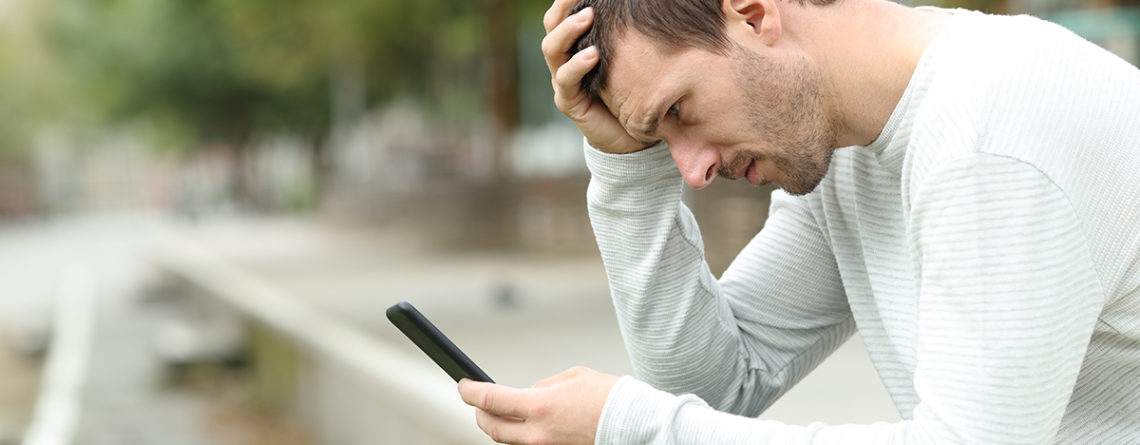How to Replenish Your “Surge Capacity” Amid Pandemic Stress
During the ongoing stress of dealing with the new realities of the COVID-19 pandemic and the unprecedented civic and political divisions from coast to coast, it’s natural to feel somewhat overwhelmed. But if you feel irritable, tense or out of sorts day after day, mental health experts are suggesting it could be because current circumstances have depleted your “surge capacity.” What does this concept mean, and how can you tell if you’re reaching your max?
What Is Surge Capacity?
Medical professionals use the phrase “surge capacity” in reference to a hospital’s ability to respond to emergencies that typically cause a sharp spike in the number of patients needing emergency care. Mass-casualty disasters such as 9/11 and Hurricane Katrina overstretched many hospitals and forced organizations to respond rapidly to meet the demand.
When translated into emotional terms, surge capacity is the mental and physical ability to adapt to traumatic conditions, such as a loved one’s death. Humans adapted to weather some amount of stress, but only for short periods. When you feel acute anxiety over the long term, you need to find ways to relieve it. But what happens to your mental health in a situation like this pandemic, where there’s no end in sight?
An Ongoing Disruption to Life
You juggle a lot of responsibilities under typical conditions, all of which can put you under pressure. However, 2020 has been far from a predictable year. Seemingly overnight, thousands of people had to adjust to homeschooling their children, working from home and following safety precautions to protect themselves and their loved ones from illness.
While this might have seemed manageable in March, you could be feeling trapped now that the pandemic has raged for seven months and shown no signs of stopping. Now, many health experts are predicting another surge in COVID-19 cases with the arrival of fall and winter weather – a “second wave,” though in many cities and states, the first wave is still not sufficiently under control.
How the Pandemic Affects Your Mental Well-Being
While we’ve all heard the COVID-19 pandemic called “the new normal” time and again, how do you adjust to a situation where unlimited uncertainty has become the norm? For most people, the disruption caused by the rapidly spreading pandemic is unseen, but still profound.
From coast to coast, the coronavirus has forced people to cancel long-anticipated vacations, family reunions, graduation parties and wedding ceremonies. Some experts have suggested the pandemic represents a slow-moving form of worldwide trauma that could take years to get over.
Disrupted sleep patterns, trouble concentrating, irritability and feeling that the world is a dangerous place are all signs you’re running out of bandwidth and need a break. What can you do to replenish your surge capacity in times of crisis?
- Give yourself permission to be imperfect: This pandemic is a once-in-a-lifetime experience. Don’t berate yourself if you’re feeling hopeless or struggling to adjust. Expecting too much of yourself is only going to lead to more anxiety and disappointment.
- Don’t compulsively check the news: These days, there’s a fine line between staying informed and being too immersed in the day’s headlines. Protect your mental health by taking frequent breaks from news alerts and social media. Set a timer and only catch up on updates for 20-minute intervals.
- Be patient: If you’re feeling exhausted and overtaxed, your impulse might be to keep trying to push through challenging circumstances. However, doing so will make it harder for you to recover. Take things one day at a time, and recognize when it’s time for you to take steps back.
- Seek help: If you’re trying to manage your surge capacity and nothing seems to be working, that’s when it’s time to reach out for help. There’s no shame in asking for advice from a friend, family member or a professional therapist.
Beach House’s Safe Response to COVID-19
At Beach House, we know these extraordinary circumstances require a proactive response. We’ve implemented rigorous health and safety measures to enable us to keep admitting new clients who need clinically excellent addiction treatment during the coronavirus pandemic. To learn more about our compassionate culture and the services we provide, connect with us now.

